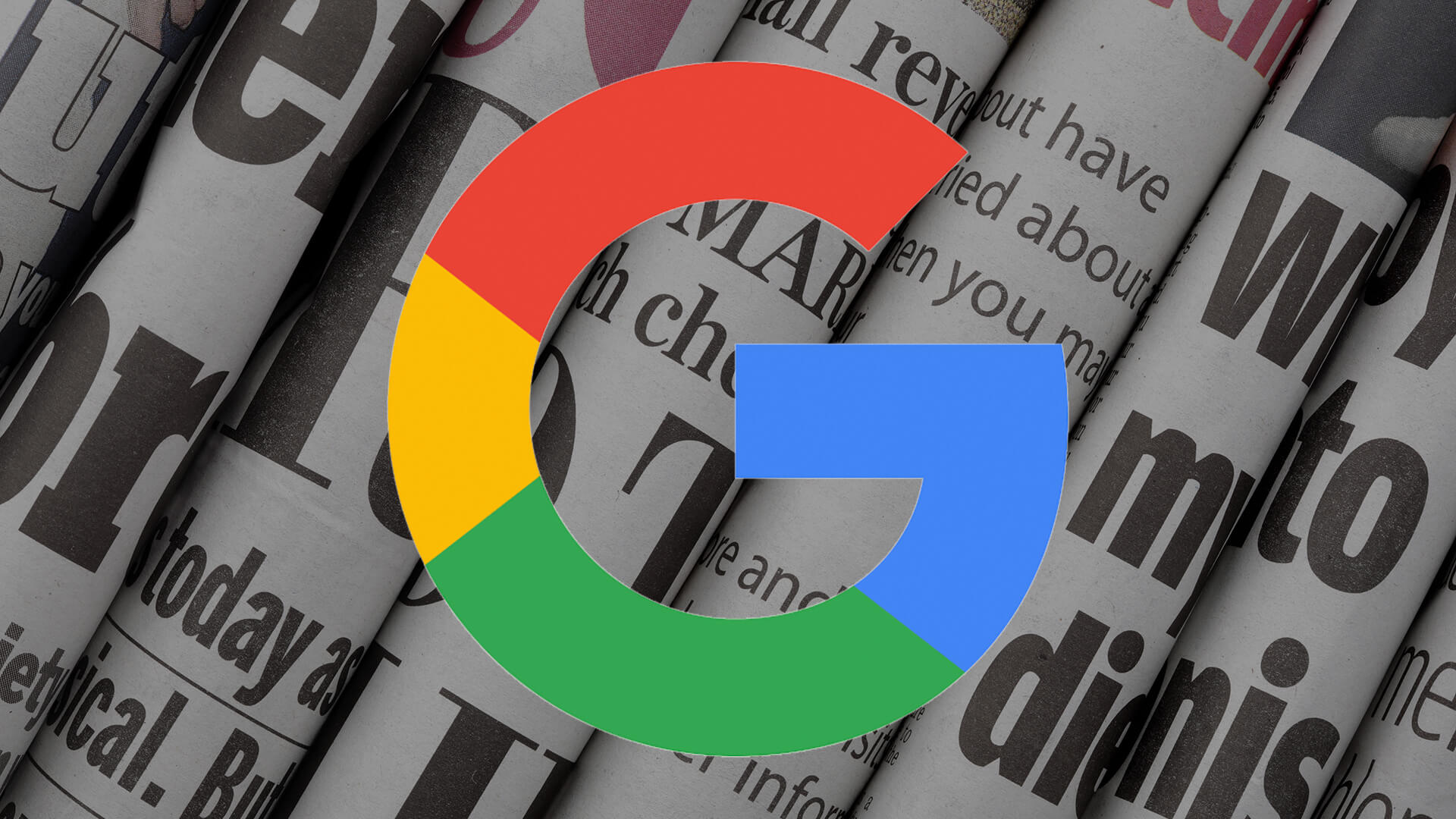Google: Fundamentals of writing meta descriptions don’t change with longer search snippets
Google has officially commented about what webmasters should focus on when writing meta descriptions after Google extended their search result snippets.
Earlier this month, Google confirmed they have extended the search results snippets from 160 characters all the way to a maximum of 320 characters long. Google told Search Engine Land that even though the snippets can be longer, the “fundamentals of writing a description tag” have not changed.
Google may or may not show 320 characters; Google may or may not show your meta description; and Google may or may not show content from your page. A lot of how Google decides what search result snippet to show is based on the searchers’ query and the content on your page. A Google spokesperson told us “there’s no need for publishers to suddenly expand their meta description tags, if they feel their current ones are adequate. … We now display slightly longer snippets, which means we might display more of a meta description tag.”
In short, if you are happy with the way your meta descriptions show to your searchers, then leave them. If you are not, you can try changing them. Either way, meta descriptions do not play a role in search rankings, they do play a role in what searchers see in the Google search results and can have an impact on your click-through rate from the Google search results.
Here is Google’s official statement on the snippets change:
The fact that our snippets have gotten longer doesn’t change the fundamentals of writing a description tag. They should generally inform and interest users with a short, relevant summary of what a particular page is about. We now display slightly longer snippets, which means we might display more of a meta description tag. However, we never had a limit on meta description tag length before, as we covered earlier this year. So, there’s no need for publishers to suddenly expand their meta description tags, if they feel their current ones are adequate. As a reminder, our snippets are dynamically generated. Sometimes, they use what’s in a meta description tag. More often, they are generated by showing content from the page itself and perhaps parts of the meta description tag, as is appropriate for individual queries. For more guidance on meta description tags and snippet generation, we recommend publishers read our recent blog post on the topic, our help page and the “Create good titles & snippets” section of our SEO starter guide that was just updated this week.
John Mueller from Google also commented about this in detail in a recent Google Hangout at the 29:41 mark in that Hangout. Here is what he said:
There’s a lot of talk about expanded and meta descriptions but people are split on whether or not SEO should update existing metas or let Google expand them for us. What’s your take?
So I saw some discussion around this I don’t know what what people have been discussing.
So in general what one of the things we’ve been experimenting with [is] showing longer descriptions in the search results and I believe that’s something that more and more people are seeing.
So for the descriptions that we show we try to focus on the meta description that you provide on your pages but if we need more information or more context based on the user’s query perhaps then we can take some parts of the page as well. Essentially from from a purely technical point of view these descriptions aren’t a ranking for anything. So it’s not the case that changing your descriptions or making them longer or shorter or tweaking them or putting keywords in there will affect your site’s ranking. However it can affect the way that users see your site in the search results and whether or not they actually click through to your site. So that’s kind of one one aspect there to keep in mind.
And with that aspect sometimes it does make sense to make sure that the description that you’re providing to search engines, that’s perhaps being shown to users when they search for normal things on your website. That description is something that explains what your service is where your page offers, maybe the the unique proposition that you have on your page. That kind of encourage[s] people to click through to your page that probably makes sense for a lot of cases. And sometimes it makes sense to say well I know how to describe this best, therefore I’ll write it up in the description and if Google can show this then my hope that people will see my site is being clearly superior to all other ones and click on my site rather than some of the other ones that are ranking in the same search results page.
So with that in mind. It’s not a ranking factor. It can affect how your site is visible in the search results. So with that I definitely see see it as something legitimate where you might say well I want to make sure that my my kind of proposition is out there in full and therefore I’ll try to write something a bit longer and show that in my meta description.
The one thing to kind of keep in mind there is that we adjust the description based on the user’s query. So if you’re doing a site query and seeing this in your search results for your site that’s not necessarily what a normal user would see when they see a search as well. So make sure to check in search console and search analytics what the top queries are that are leading to your pages and try those queries out see what your site search results look like. And if you want to change the snippet that’s shown for your site for individual pages on your site then by all means go off and do that.
So check out your analytics, look to see if you can improve your click-through rates on your popular pages in search and see if it makes a difference to your bottom line.
Search Engine Land is owned by Semrush. We remain committed to providing high-quality coverage of marketing topics. Unless otherwise noted, this page’s content was written by either an employee or a paid contractor of Semrush Inc.



